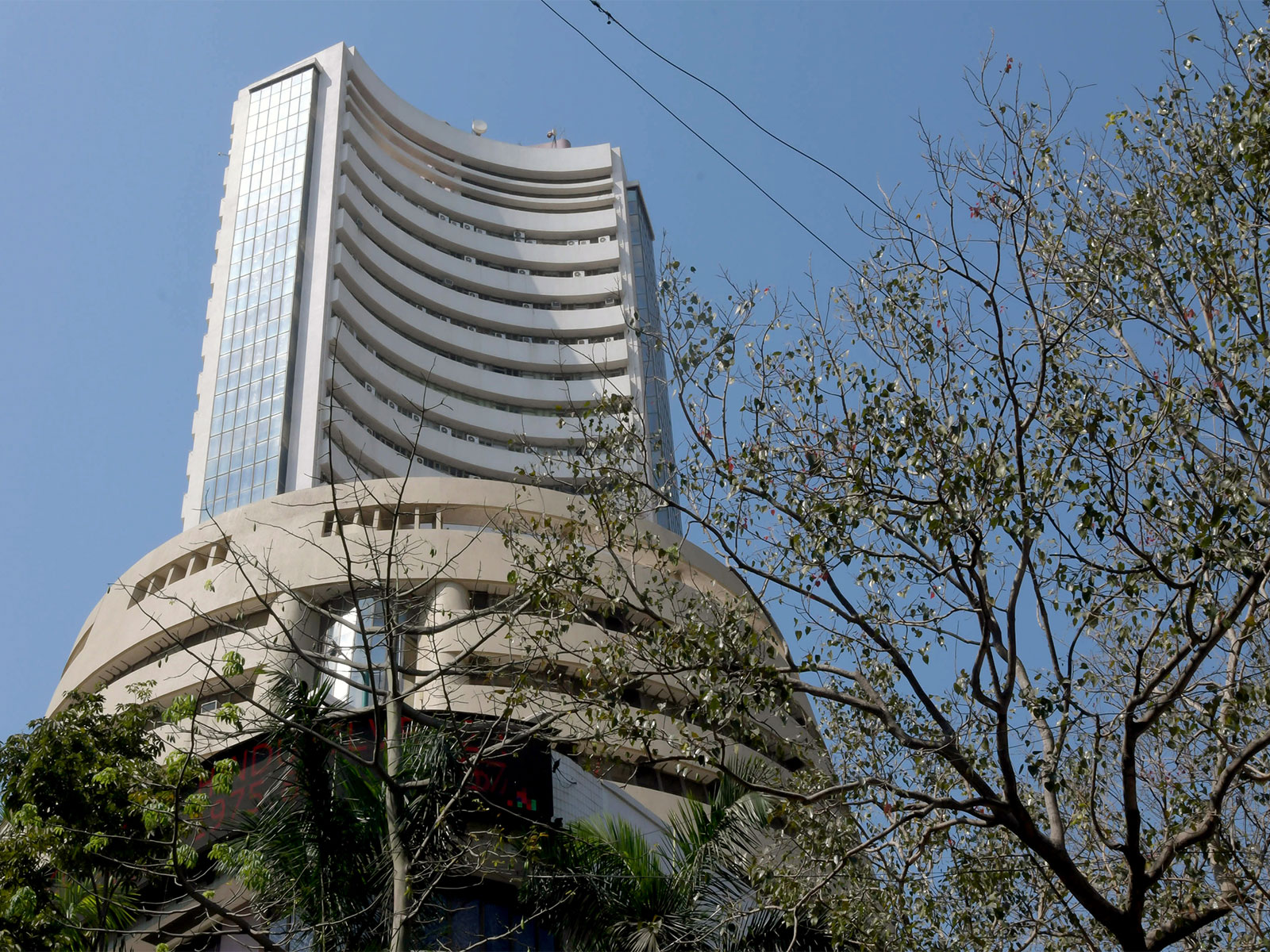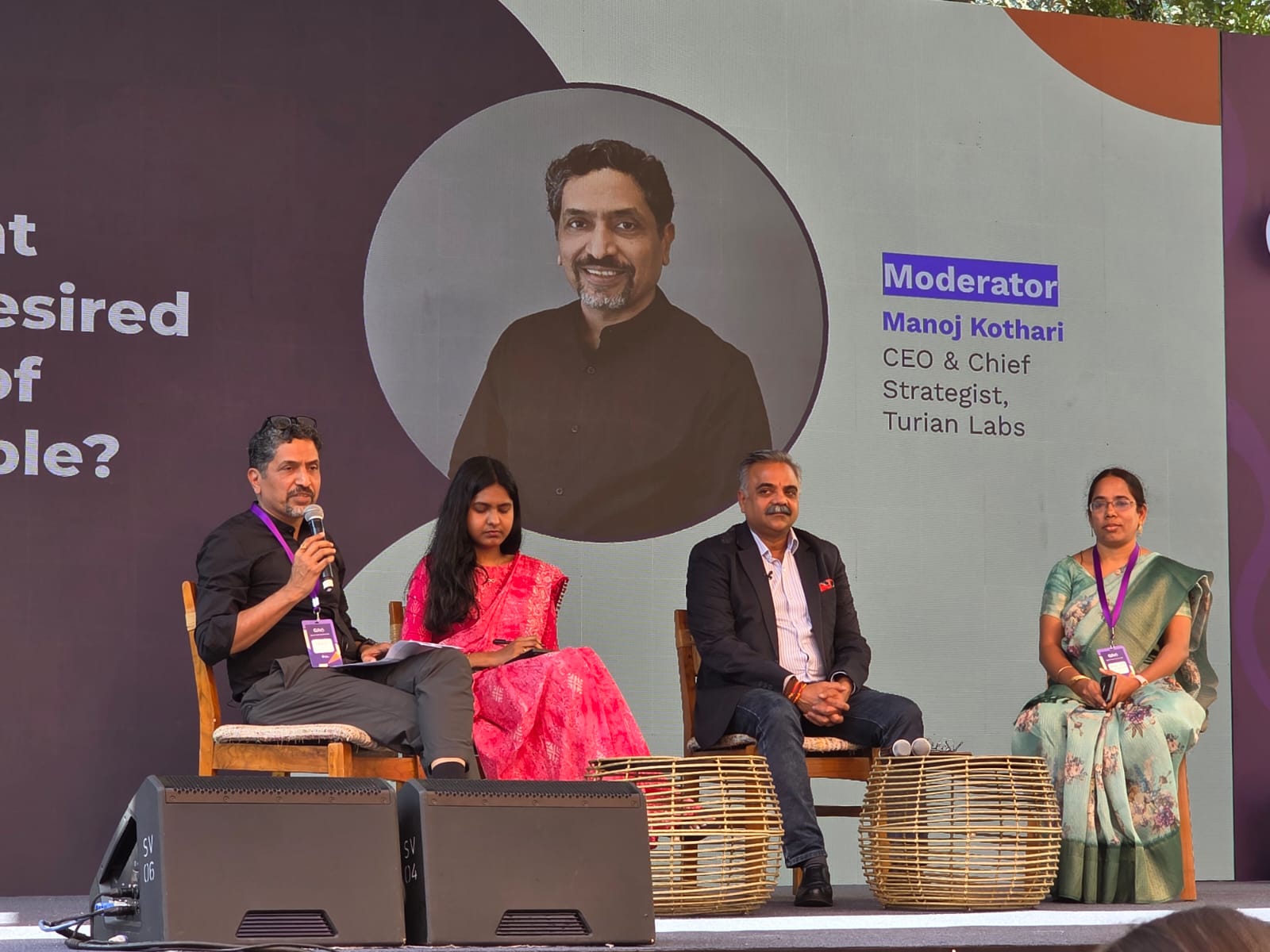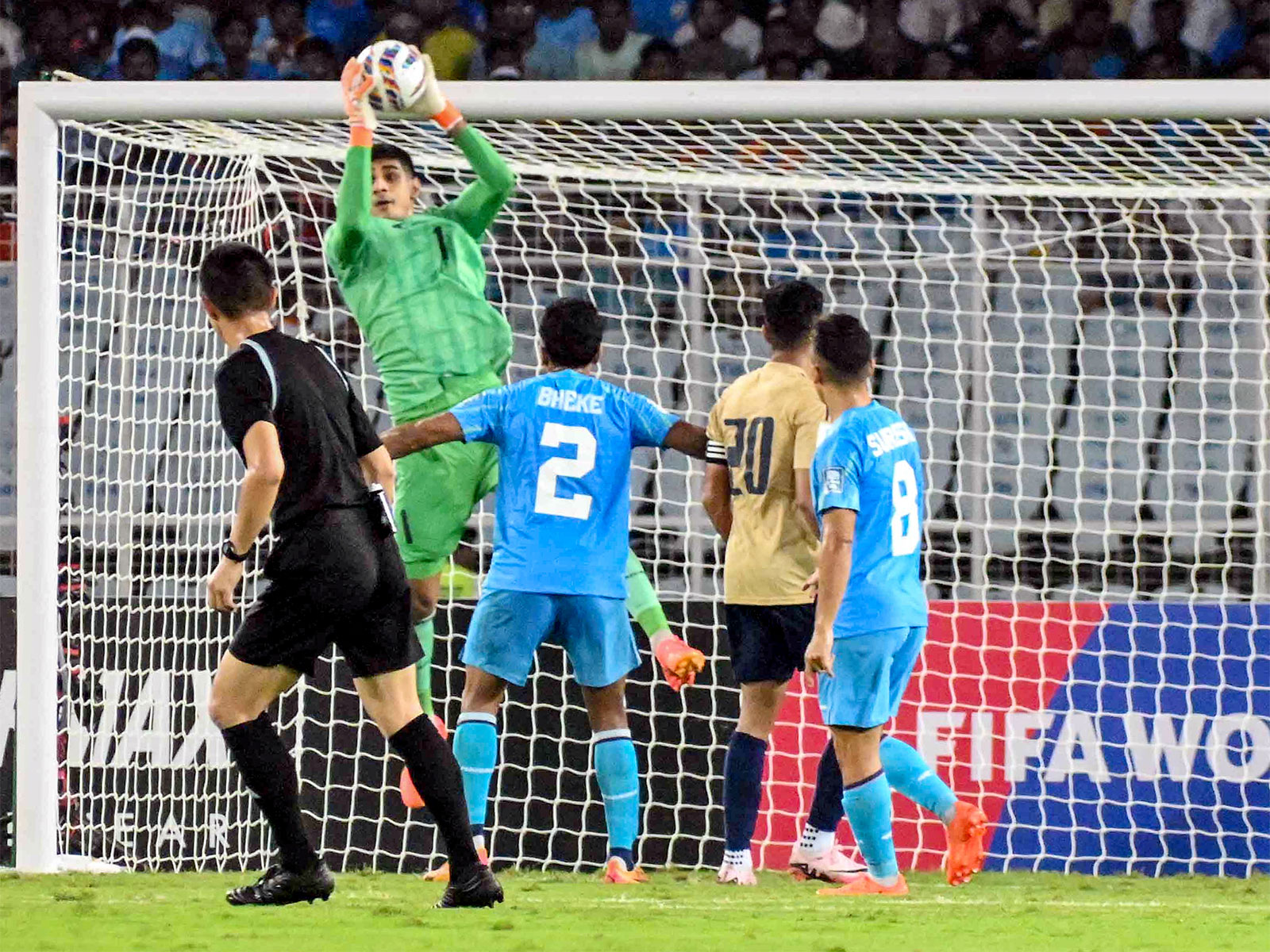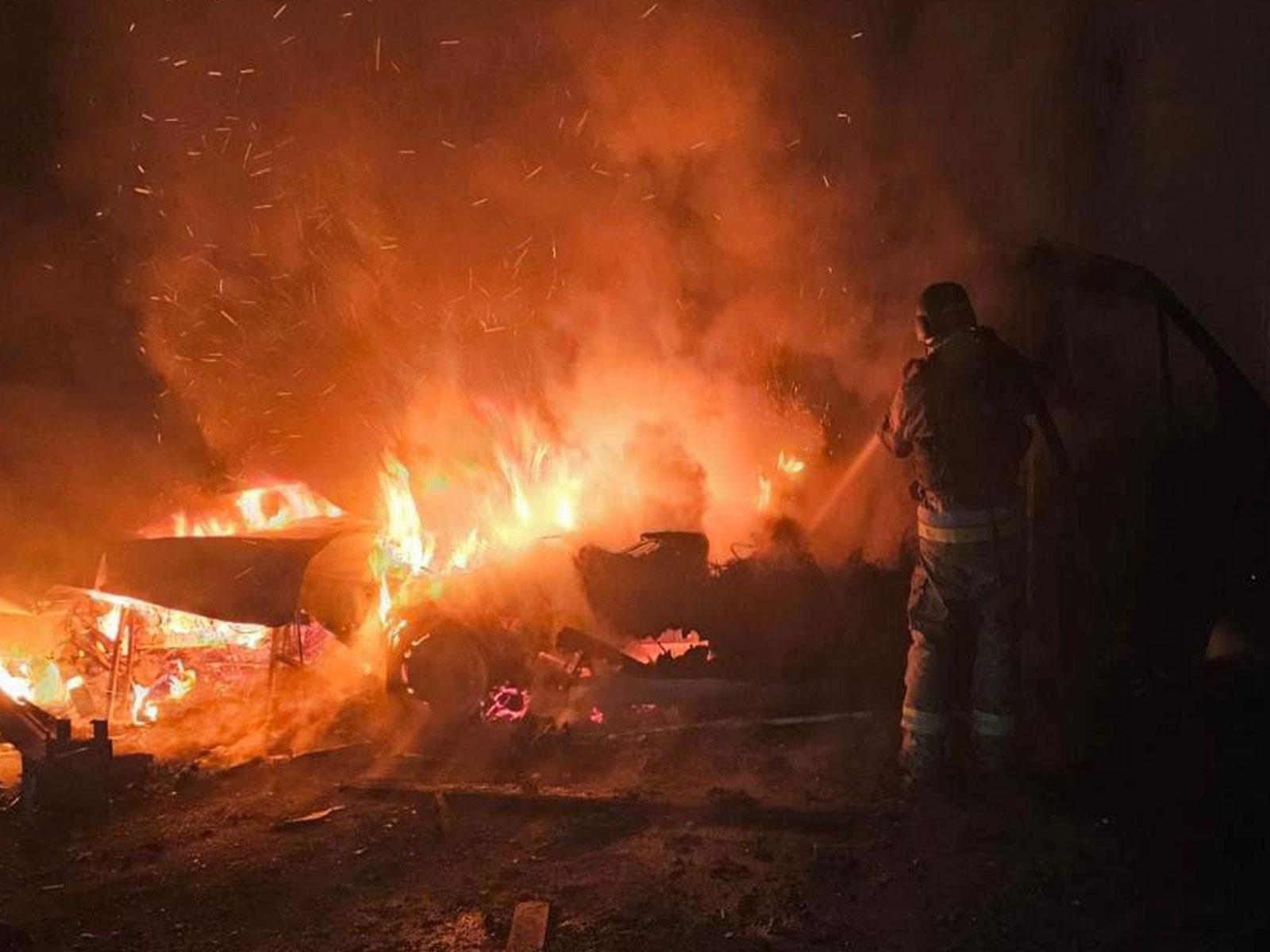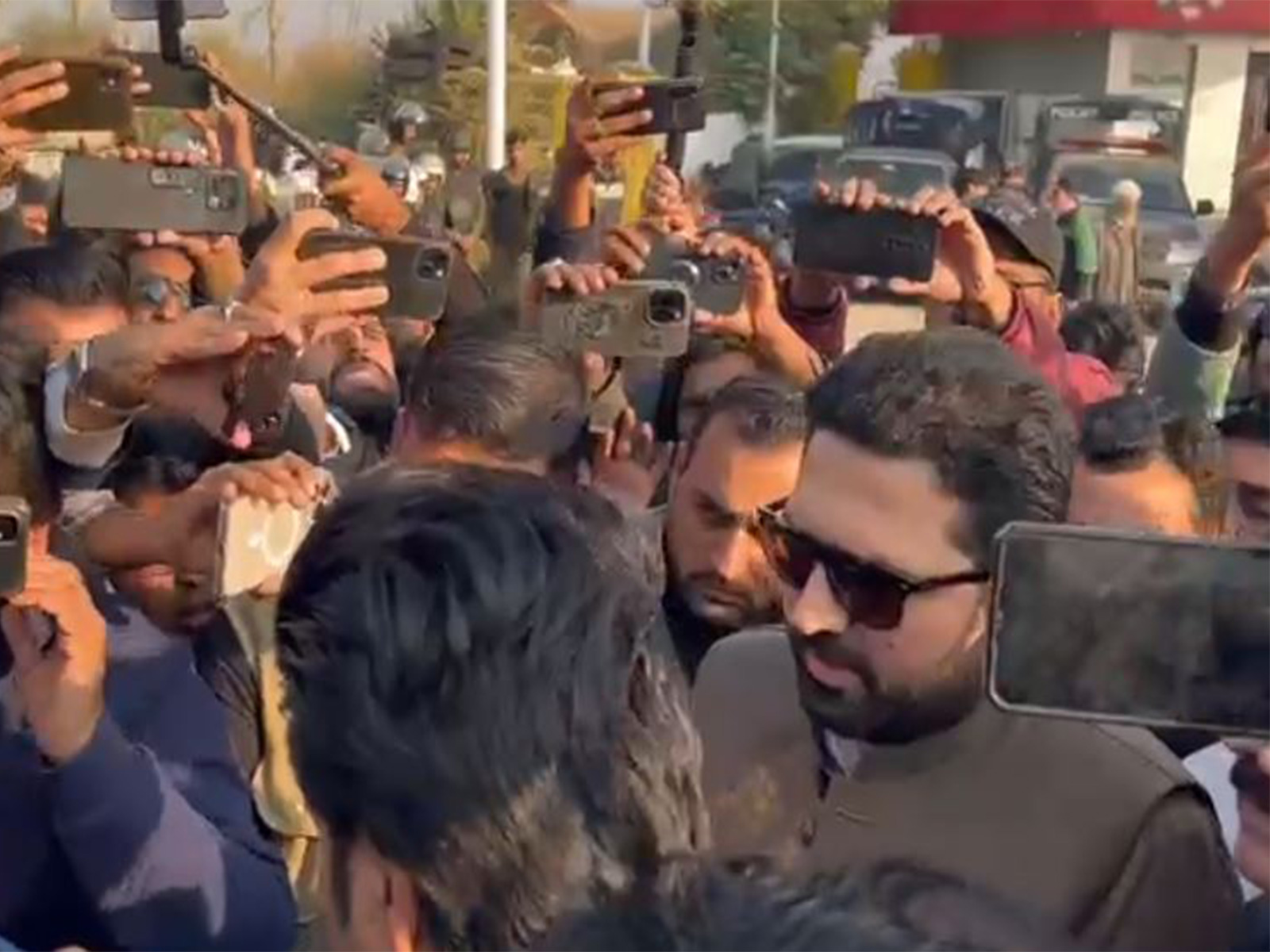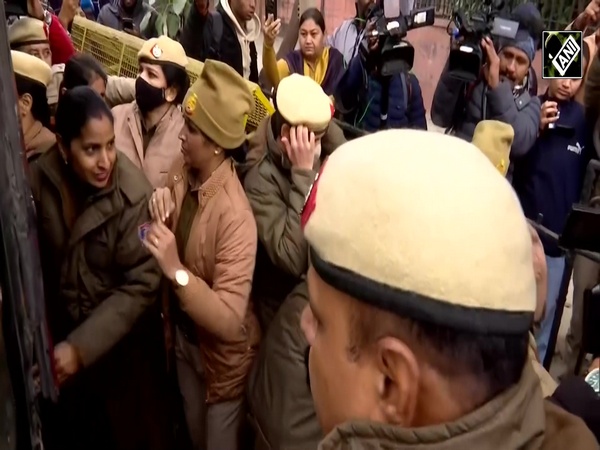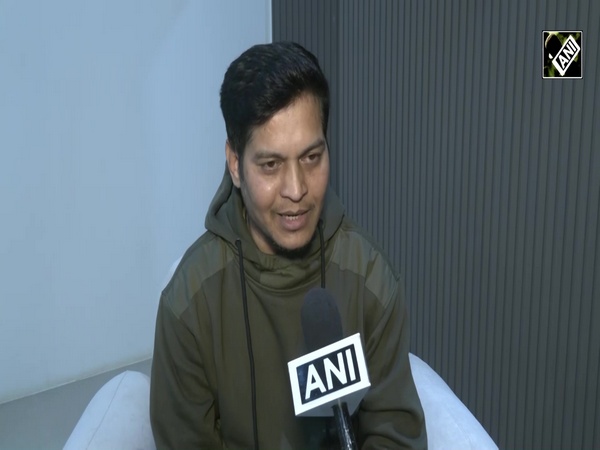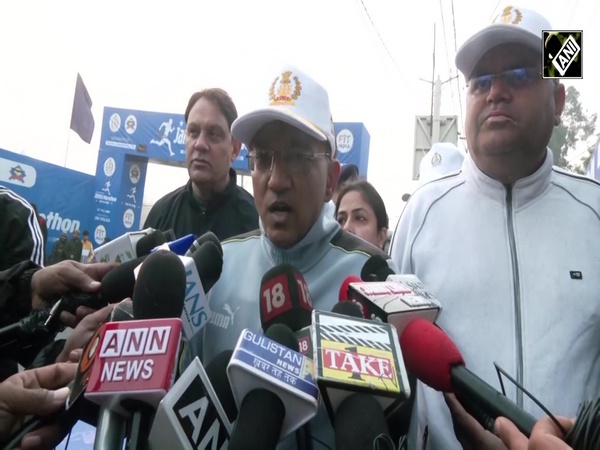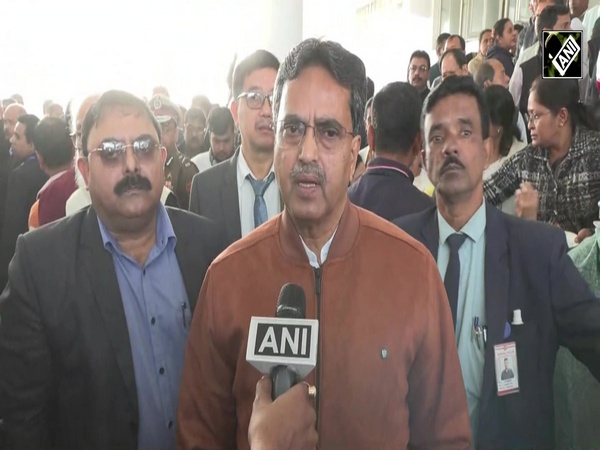Organ donation and the COVID pandemic
Aug 25, 2020

Chennai (Tamil Nadu) [India] Aug 25 (ANI/Mediawire): August 13 is observed as "organ donation day". The reason for observing this day is to spread awareness and eliminate myths and fears regarding organ donation. Organ donation is aptly termed "the gift of life".
For patients with organ failure waiting for a transplant, availability of a suitable donor organ is their only hope for a normal life. There are two ways in which a person can donate organs.
A living donor is a healthy person who donates one of a pair of organs such as the kidney or part of an organ such as the liver. A deceased donor is one who donates their organs after death (specifically brain death). Brain death is caused by a catastrophic, irreversible, permanent damage to the brain either due to a road accident with head injury or a major bleed into the brain from a burst blood vessel.
Since the brain is the controlling centre for the whole body, it is not possible to survive without it and all other organ systems shut down subsequently. Brain death is diagnosed with specific medical tests and is medically and legally recognized as death. The bereaved family are counselled and offered the option to donate the organs of their loved one.
A single deceased donor can give life to about six-nine recipients (two kidneys, liver, heart, lungs, pancreas, intestine, eyes and tissues). The "Transplantation of Human Organs and Tissues Act" was passed by the Indian Parliament in 1994 but it is only over the last dozen years or so that deceased organ donation has picked up across the country.
The nationwide deceased organ donation rate in India is 0.34 per million population (pmp) which still lags far behind western countries such as Spain (35.1) or the United States (21.9). Donation rates are skewed across the country with only 13 of the 36 states and Union Territories contributing to organ donation.
The Southern states have led the way in organ donation. Tamil Nadu accounted for a donation rate of 1.8 pmp in 2018, a number five times higher than the national average. This number dropped in 2019 and 2020 making the case for directing sustained resources and efforts towards promoting awareness and improving organ donation.
Some of the reasons for the low organ donation rates include;
1. Lack of awareness among the public regarding brain death and organ donation.
2. Lack of infrastructure and expertise for identification, stabilization and brain death declaration in potential donors.
3. Mistrust of the healthcare and organ allocation systems.
Several initiatives have been taken by the government to improve organ donation, notable being;
1. Streamlining procedures to declare brain death and organ allocation.
2. Instituting a centralized, transparent, online waiting list system for recipients.
3. Promoting awareness regarding brain death and expressing appreciation for organ donors through media and various NGO's.
There is a wide gap between the numbers of patients with organ failure waiting for a transplant and organs donated. Most patients die while waiting for an organ and the rest undergo a live donor liver or kidney transplant. Over 92 per cent of all transplants performed in the country have been with organs donated from living donors and only 8 per cent from deceased donors.
In Tamil Nadu, the trend is reversed with 77 per cent of transplants performed from deceased donors and 23 per cent from living donors (source: NOTTO). It is estimated that if the nationwide deceased donation were to increase to 1 pmp, it would meet the requirements for all heart, liver and partially kidney transplants.
During these troubled times of the COVID pandemic, the world around us has come to a standstill. Organ donations, as well as transplants, have reduced drastically. This is due to multiple reasons;
1. Due to lockdowns and reduced traffic on the roads, accidents with a consequent head injury and brain death-related organ donors have reduced. Recipients are unable to travel to transplant centres due to intra and interstate travel restrictions.
2. There is apprehension regardingCOVID status and potential transmission from deceased donors to recipients and healthcare providers. Similarly, there is a risk of recipients, live donors and the healthcare team inadvertently transmitting COVID to each other.
3. The existing healthcare machinery (specifically ICU infrastructure, equipment and personnel) has been reorganized to care for COVID patients. Elective/planned outpatient clinics and surgeries have been suspended or reduced. Consultations are being encouraged on virtual platforms for stable patients with minor complaints so that only sick patients or emergencies need to come to the hospital.
It appears unlikely that this pandemic will end anytime soon. Till an effective vaccine is available and herd immunity is established, we have to adapt and adjust to the "new normal".
Depending on the severity of organ failure, patients may stand a higher risk of dying from their disease-related complications than due to contracting COVID.
It is, therefore, time to reassess our approach to organ donation and transplant by moving forward but with appropriate caution. Expert scientific bodies such as the Indian Society of Organ Transplantation and Liver Transplant Society of India have published guidelines for selection and screening of recipients and donors for organ transplantation during this pandemic.
With the availability of accurate tests (RT PCR and Antibody) for COVID with a rapid turnaround time (four-six hours), it is possible to determine whether the transplant can be safely performed. Let us pledge to donate our organs after death and share our feelings with family and loved ones.
Disclaimer: This article is sponsored by Astellas in the public interest. The views and opinions expressed in the article by participating doctors are based on their independent professional judgement. Astellas India Pvt Ltd, BCCL and its group publications disclaims any liability for the accuracy or consequences flowing from adherence to their expert views.
This story is provided by Mediawire. ANI will not be responsible in any way for the content of this article. (ANI/Mediawire)
